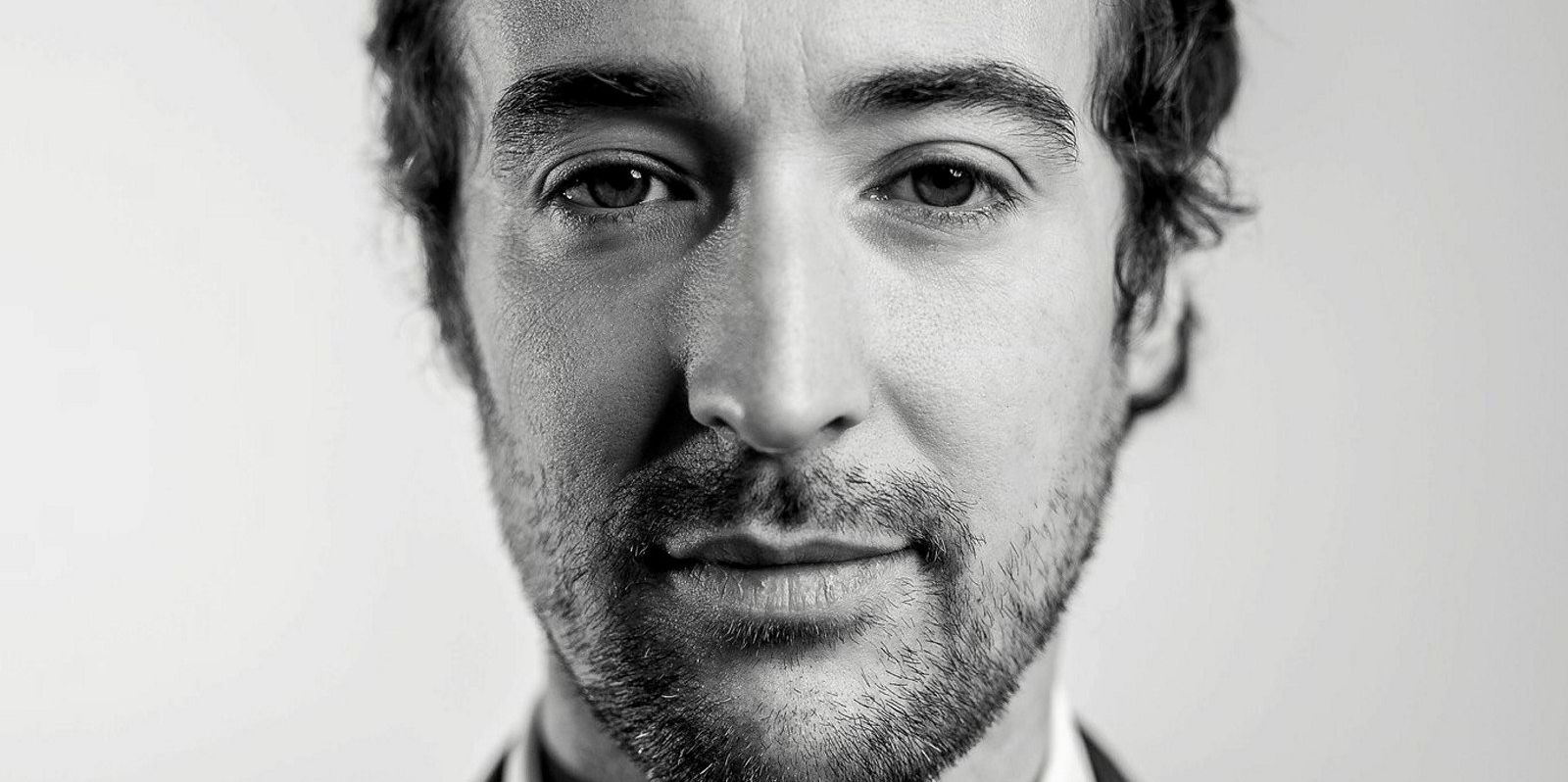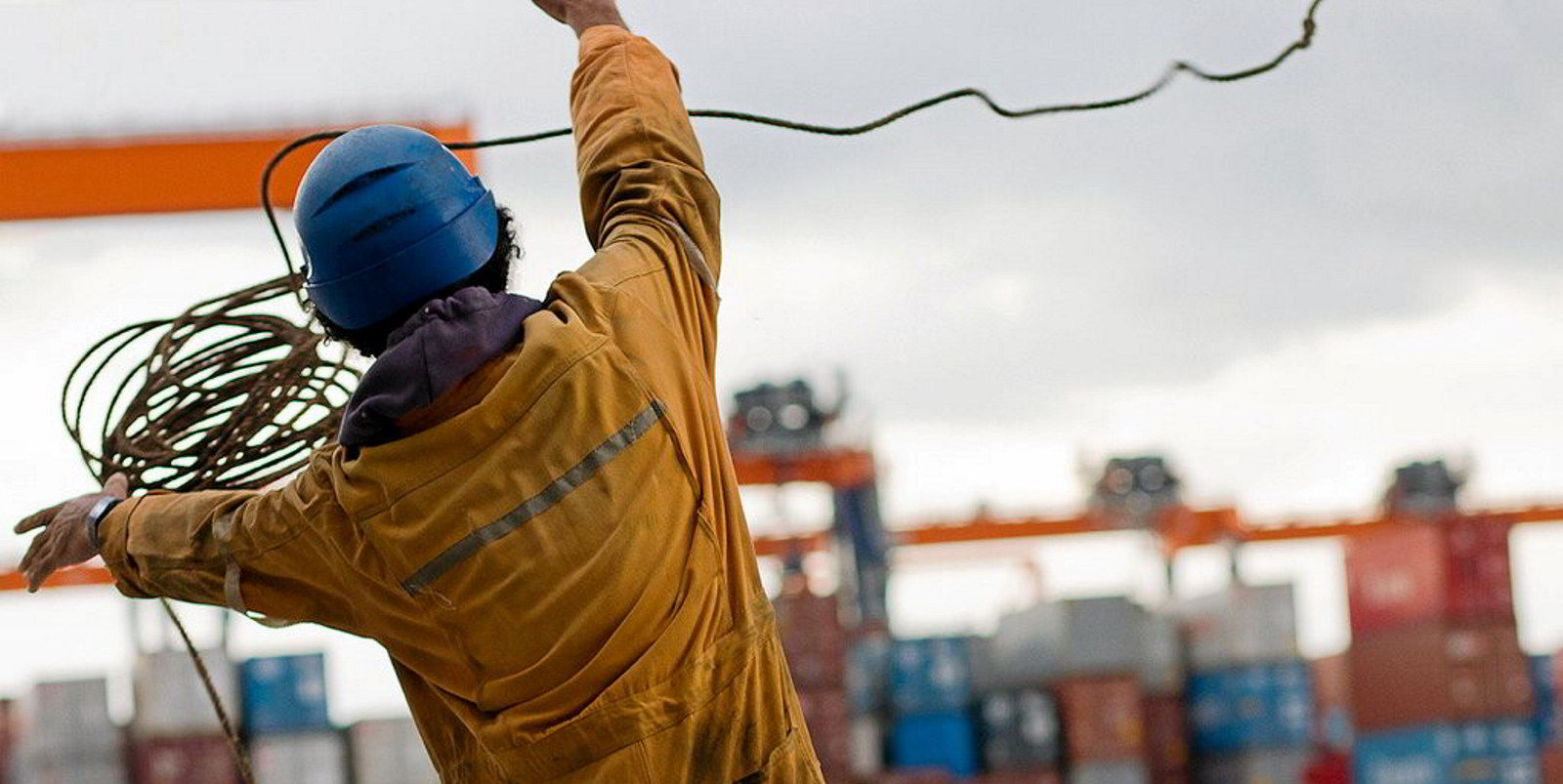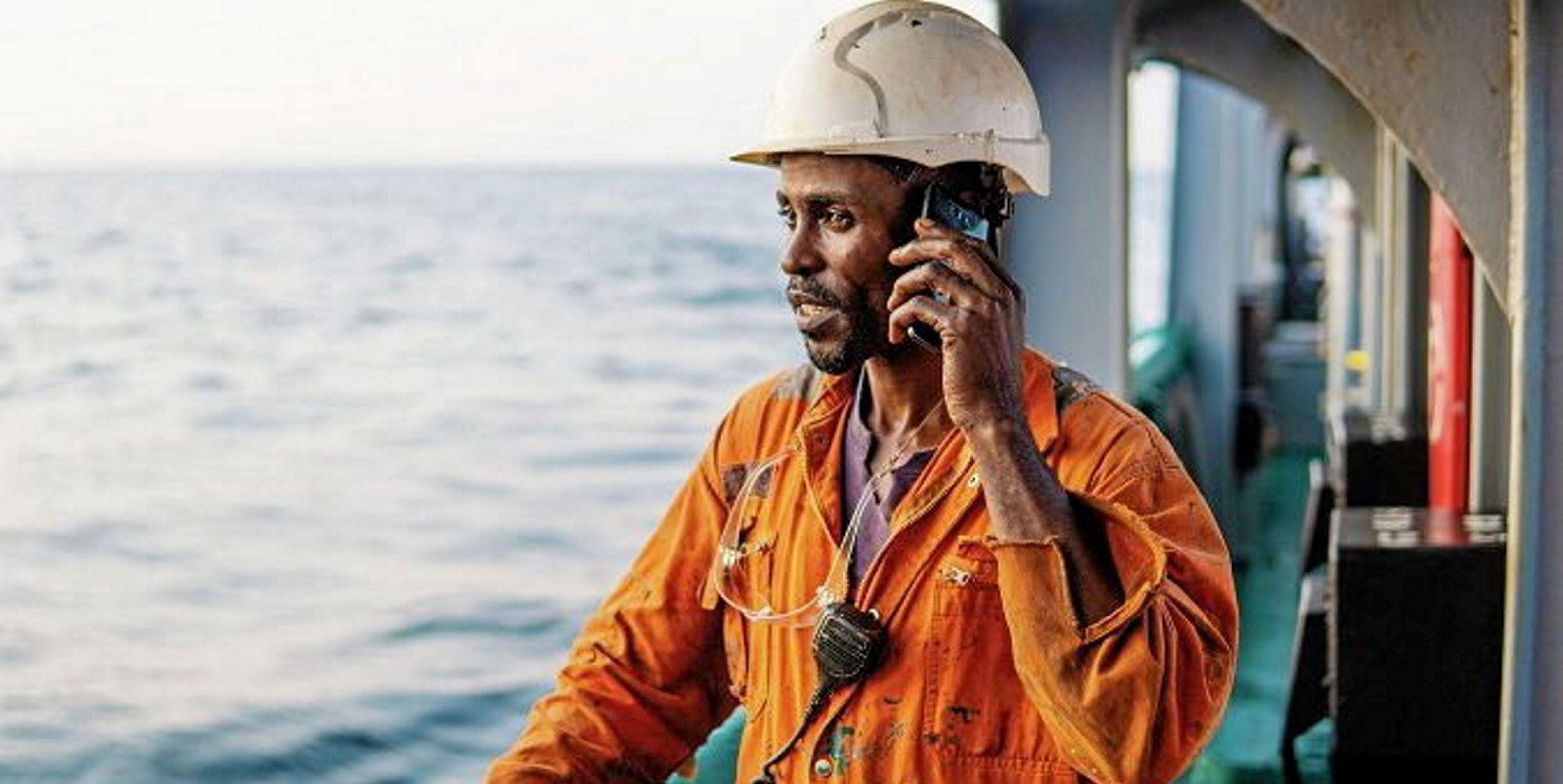Cases of psychosis are on the increase among ship officers stretched to breaking point by the pandemic.
Clinical psychologist Charles Watkins, founder and managing director of Mental Health Support Solutions (MHSS), regularly talks to seafarers affected by Covid-19 restrictions and has been doing so for the last two years.
Before the pandemic, the company might have seen one case a year, but now MHSS has been dealing with three in the past few months alone: two captains and an officer.
“Psychosis is highly unusual, you need a lot of stress to trigger it,” Watkins told TradeWinds.
He explained that substance abuse can trigger symptoms, which is believed to be the case for one master in recent weeks.
Watkins explained the captain was not able to sign off and had turned to alcohol.
The other two cases were down to “extremely high stress over a long period of time”, he said.
Experienced officers have a bit more resilience than lower ranked crew members, Watkins argues.
But he added: “I think there comes a point when it just breaks, there’s no more resilience there for them. Everyone thought it would be over very soon, but now they realise it’s an ongoing thing.”
Psychosis is not a mental disorder, but a symptom, and presents in different ways.
“They forget who they are, they forget where they are, for short periods of time they hear things that really aren’t there, some report seeing their family members on board," Watkins said.
They also talk about things that do not make any sense, using random sentences, the psychologist added.
“The only thing we can do is try to get them off into a treatment facility as quickly as possible, keep them safe, install supervision, provide medication,” he said.
Watkins describes these cases as very difficult. “If it’s a master, someone has to take over; it just leaves the whole vessel shocked to be honest,” he added.
For the team at MHSS, which works with Columbia Shipmanagement, it is difficult to get to the bottom of the story if the crew members are not making any sense and cannot be interviewed properly.
But MHSS tries to make sure patients do not hurt themselves or others.
“Sometimes they slip in and out of it, so we can talk to them and they know what’s going on, which makes it even harder for them,” Watkins said.
“They realise they’ve been in that state but have no memory of it, so they get even more anxious,” he added.
Recovery can take weeks or months, but some people can snap out of it in a week. There is an aftermath, however.
A full recovery can take a very long period, as MHSS tries to ensure triggers do not recur.
Watkins spoke of officers not having “the luxury of control”.
With Covid-19 restrictions in place, “everything is dictated to you”, he said.
Paperwork mounting
His clients report they have so much more work to do, together with great uncertainty over knowing when they can sign off a vessel.
Some have family members at home who are sick but have been unable to return.
“After the third time telling your wife you can’t make it, that’s hard for everyone,” Watkins told TradeWinds.
No shore leave is also “slowly getting to them”, he said.
Help for those who fall ill depends on the country.
Some nations will not sign a crew member off their ship, even in mental health cases, as authorities believe it is too dangerous, the psychologist explained.
As for the future, Watkins predicts there will be “a lot more severe cases this year”.
“A lot of cases you don’t hear about,” he said.
But he has heard from other consultants of at least two more instances of psychosis.
“I don’t think it’s going to be over any time soon,” Watkins added.






